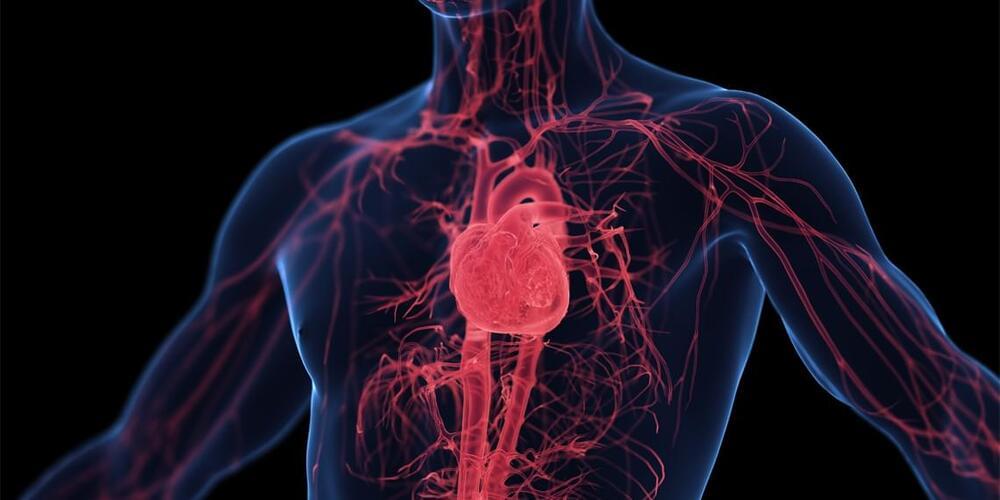New research provides evidence that training our heart rate can indirectly influence our emotional memory, making us more likely to remember positive experiences. The study has been published in the journal Applied Psychophysiology and Biofeedback.
The study aimed to explore whether certain brain circuits are responsible for regulating both heart rate and emotion, specifically focusing on the role of the ventromedial prefrontal cortex (vmPFC). Additionally, the researchers were interested in understanding how biofeedback training, which involves providing individuals with real-time physiological feedback and training them to modify their own physiological responses, could impact emotional memory biases.
“There have been many studies showing that people with higher resting HRV tend to experience less negative emotions,” study author Mara Mather told PsyPost. “But most of the research has been correlational and so it is not clear if the individual differences in HRV play any direct role in the emotional differences. Thus, we were interested in whether manipulating HRV could affect people’s emotional biases.”
